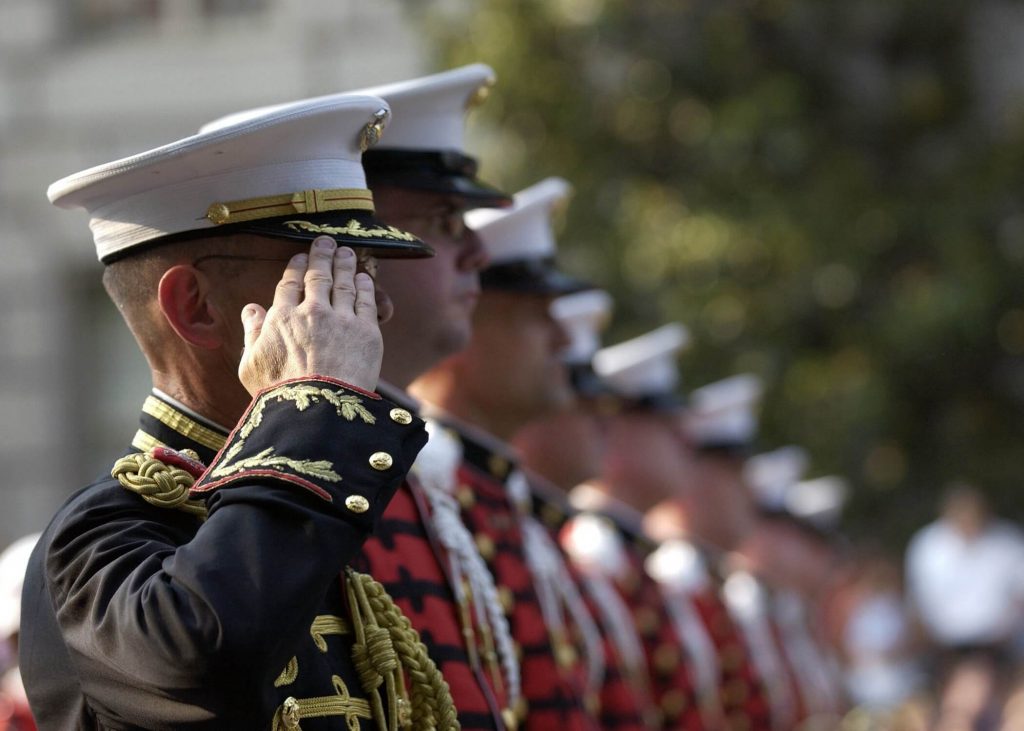Fireworks and PTSD: A Guide to Sensible Celebrations for Veterans on Independence Day
Image provided by pexels: Fireworks and PTSD: A Guide to Sensible Celebrations for Veterans on Independence Day Introduction Independence Day is a time for celebration, marked by vibrant fireworks displays across the country. However, for veterans with post-traumatic stress disorder (PTSD), the loud noises and flashing lights can trigger distressing memories and anxiety. This informative …
Fireworks and PTSD: A Guide to Sensible Celebrations for Veterans on Independence Day Read More »

